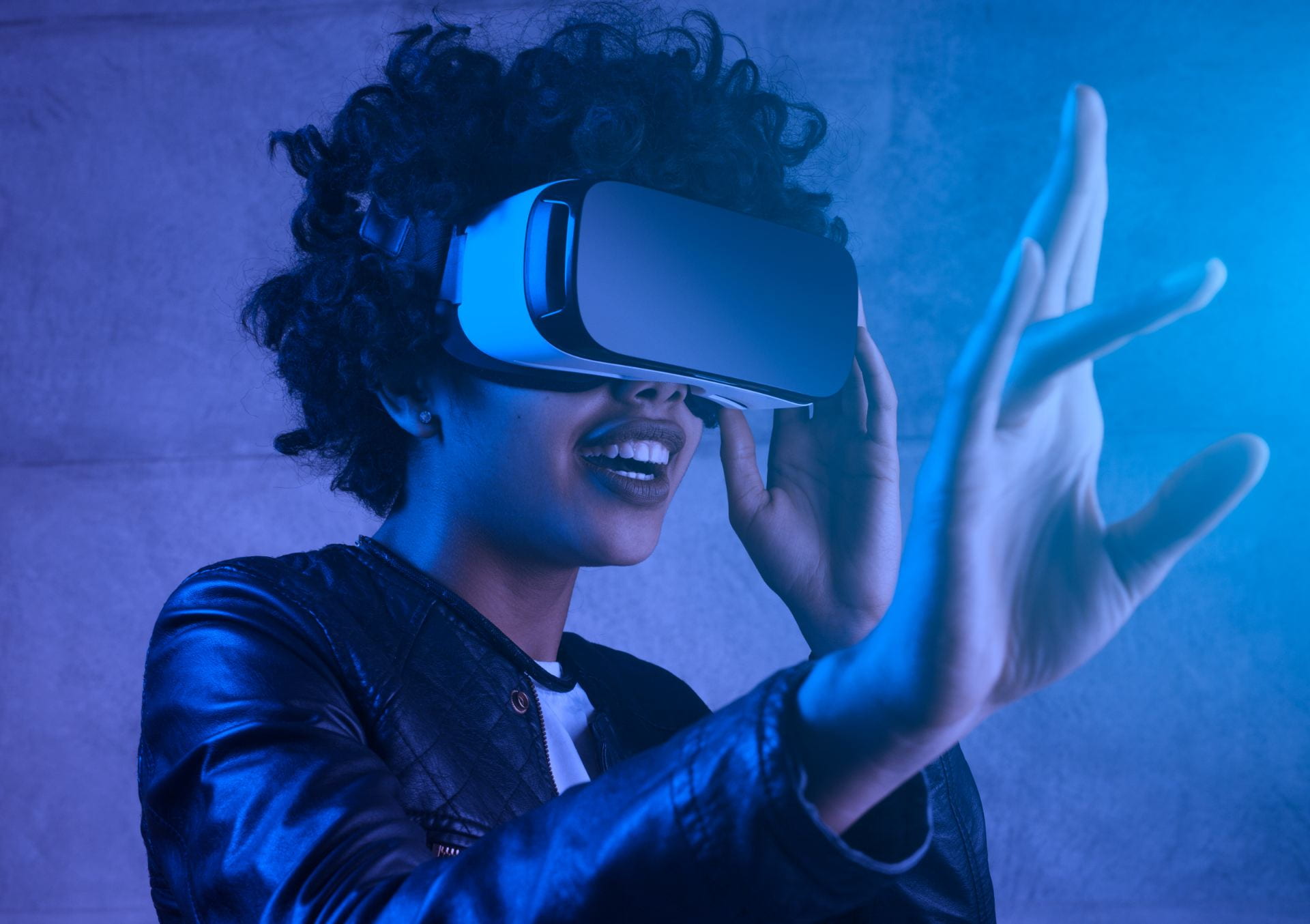Understanding Repeat Engagement with Dynamically Changing Computational Media
Ministry of Education Academic Research Fund, Tier 1
Alex Mitchell, NUS Department of Communications and New Media
This project explored motivations to reexperience dynamically changing computational media, such as games and interactive stories, and satisfactions obtained from these repeat experiences.
The research verified the importance of dynamically adjusting difficulty to match the player’s current ability level to encourage Flow and encourage replay. It was also found that providing players with control over the difficulty directly can impact the player experience, and that players have certain expectations of how the game will be played, which can be seen as a “contract” between the game and the player and which difficulty adjustment may violate. The player’s understanding of the underlying difficulty adjustment mechanism can impact the player experience and their desire to replay. Several factors were also found to impact whether a player feels unwilling or unable to go back and reexperience a work, making it feel irreversible. Further, the degree to which the player pays attention to and understands the underlying computational system, and how that relates to their understanding of the story, impacts the player’s experience and desire to replay. Once they feel that they “get it”, either at the system or story level, they are less likely to want to replay, even if they haven’t reached closure at both levels. This relates to how much variation they expect to see on subsequent replays, and whether they feel that variation will contribute to their understanding or experience of the story. Even when their understanding of the system is inaccurate, if they feel that there will be “nothing new” to be gained from the experience, they are likely to stop. However, if they subsequently encounter something that suggests there is more to the story or the system than they initially had assumed, they may decide to continue to reexperience the system. Conversely, if they find that the variation is inconsistent with their previous playthroughs, they are likely to dismiss the system as incoherent, and again stop playing.
These findings provide a more nuanced understanding of why people want to reexperience dynamic computational works, and what they are doing as they reexperience these works and can eventually be extended to the design and analysis of complex, AI-driven systems.
Publications
Conference publications
Wang, B., Ang, A. B. H., and Mitchell, A. (2021). “‘I need to play three times before I kind of understand’: Exploring Player Motivations for Replaying Interactive Stories”. In CHI PLAY 2021: 8th ACM Annual Symposium on Computer-Human Interaction in Play.
Mitchell, A., & Kway, L. (2020). “’How Do I Restart This Thing?’ Repeat Experience and Resistance to Closure in Rewind Storygames.” In Lecture Notes in Computer Science, Interactive Storytelling, Vol. 12497 LNCS (pp. 164-177).
Mitchell, A., Kway, L., & Lee, B. J. (2020). “Storygameness: Understanding Repeat Experience and the Desire for Closure in Storygames.” In Proceedings of DiGRA 2020. Tampere, Finland.
Tan, K., & Mitchell, A. (2019). “Choose your permanent adventure: Towards a framework for irreversible storygames.” In Lecture Notes in Computer Science, Interactive Storytelling, Vol. 11869 LNCS (pp. 148-157).
Ang, D., & Mitchell, A. (2019). “Representation and frequency of player choice in player-oriented dynamic difficulty adjustment systems.” In CHI PLAY 2019 – Proceedings of the Annual Symposium on Computer-Human Interaction in Play (pp. 589-600).
Book chapters
Mitchell, A. (2020). “Encouraging and Rewarding Repeat Play of Storygames.” In R. Dillon (Ed.), The Digital Gaming Handbook (pp. 163-184). United Kingdom.
Conference presentations
Mitchell, A. (2021). “Repetition and Defamiliarization in AI Dungeon and Project December.” Presented at ELO 2021 Conference and Festival.
Mitchell, A. (2019). “Surface Tensions: Exploring the Boundary Between Narrative and System in Electronic Literature.” Presented at ELO 2019: The Electronic Literature Organization Conference and Media Arts Festival. Cork, Ireland.



You must be logged in to post a comment.